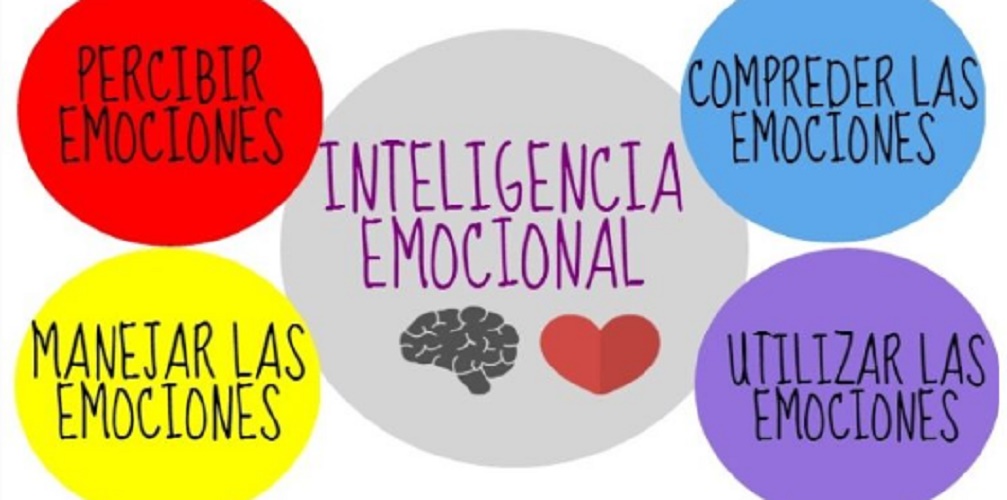What is emotional intelligence?
We explain what emotional intelligence is and how this concept arises. In addition, what are the advantages of emotional intelligence.
-
What is emotional intelligence?
Emotional intelligence refers to the psychological capacities and abilities that involve the feeling, understanding, control and modification of one’s own and others’ emotions.
An emotionally intelligent person is one capable of successfully managing emotions to achieve positive results in their relationships with others.
-
How did emotional intelligence come about?

Although several psychologists had already pointed out the insufficiency of the cognitive and rational elements as the only intelligence indicators, the concept emerged in 1983 with the psychologist Howard Gardner , who considers the IQ tests insufficient to achieve an appreciation of the intelligence.
There are two elementary forms of emotional intelligence:
- Interpersonal intelligence . It implies understanding and understanding the emotions of others and having the ability to react according to the mood of the other.
- Intrapersonal intelligence. It implies understanding and understanding one’s emotions, of taking them into account when making decisions and being able to regulate emotions according to the situation.
The dissemination of the concept among the population, based on the scientific dissemination carried out by various academics (among which the psychologist Daniel Goleman, author of the best-selling book on the subject), encouraged the appearance of seminars, workshops and courses linked to the learning of emotional intelligence , which quickly became widespread in society , especially in the business field, providing techniques and tools to strengthen intra and interpersonal skills.
The dissemination of the concept also prompted the appearance of numerous tests , with the aim of measuring, calculating and comparing people’s emotional abilities, but since they are not emotional and sentimental characteristics of easy measurement, many of these tests do not have scientific endorsement .
-
Advantages of emotional intelligence

There are certain practical skills that manifest with greater intensity in emotionally intelligent people, such as empathy , the ability to motivate (both towards oneself and towards others), self-awareness, the ability to control the externalization of emotions, the leadership , among others. Generally, these skills are used as indicators of emotional intelligence, when you want to measure this psychological ability.
Emotional intelligence plays a central role in the success or failure of all types of human relationships , from sentimental and family to work ties.
It is also a determining factor in the functioning of organizations , since empathy, emotional self-control and motivation of people can condition teamwork , making it more or less efficient and satisfying.
These skills are also important in the ability of people to convince , manipulate and even dominate others (leaders tend to be emotionally intelligent people).
This concept has also had a huge impact on the educational field , introducing the issue of emotional elements in the relationship between teacher and student, and the importance this has at the time of cognitive learning . Both the emotional intelligence of the teacher and that of the student have a significant weight on the successful outcome or not of the teaching process .
-
Scientific support
Scientific studies on emotional intelligence focus both on the personal life of individuals , and their emotional learning during childhood and adolescence , as well as on biological and anatomical factors, such as the role played by the amygdala and the hippocampus in the evolution of the emotions or the importance that hormones fulfill.
In the scientific literature there are two great models of emotional intelligence:
- Mixed model. It combines emotional skills with personality elements.
- Skill Model which focuses exclusively on the emotional processing of information obtained from the environment or from introspection.
While the first model is more widespread thanks to marketing and advertising , the skill model has more support within the scientific community.





